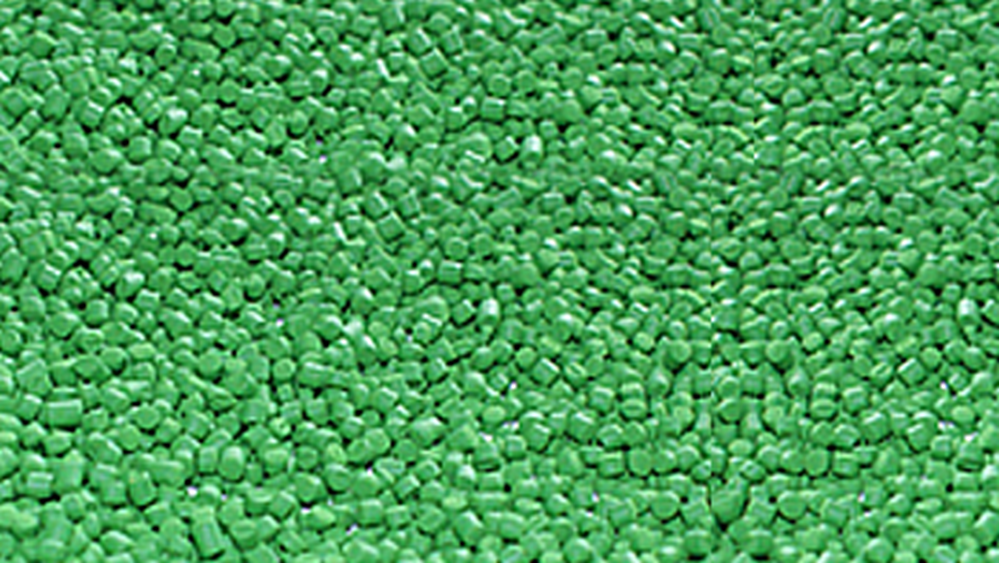ConvaTec Goes DEHP Free
News

ConvaTec Goes DEHP Free
Polyvinyl chloride (PVC) plastic is used in medical devices for critical applications such as enternal feeding, wound drainage and airway ventilation. However, it is hard and brittle at room temperature. To make it flexible, it must be softened by a chemical additive called a “plasticizer.”
The most commonly used plasticizers today are phthalates.
DEHP (Di-(2-ethylhexyl) phthalate), also known as dioctyl phthalate of DOP, has been the most commonly used phthalate plasticizer in the medical device industry.1
Growing concern over exposure to DEHP
Numerous studies have indicated that phthalates, especially DEHP, may impair testicular testosterone production in rats.1-2 Phthalates have also been associated with adverse reproductive system outcomes in animal tests, including reduced semen quality, altered male genital development and respiratory symptoms.3-11 Recent research provides the first evidence that DEHP can inhibit testosterone production in the adult human testis.11
The ConvaTec Answer
Based on these concerns, ConvaTec is replacing DEHP with DEHT. Despite the similar name, DEHT is not a phthalate.
DEHT (Di-(2-ethylhexyl) terephthalate), also known as dioctyl terephthalate, is a general-purpose non-phthalate plasticizer. It has been available and researched for more than 30 years and has an extensive toxicological profile that demonstrates suitability in applications such as toys, beverage closures and medical devices.
In 2008, SCENIHR – The Scientific Committee on Emerging and Newly Identified Health Risks of the European Commission – analyzed and compared toxicological data of available plasticizer alternatives.1 DEHT was found not to be genotoxic (like DEHP) and does not show reproductive toxicity. At doses where DEHP and other alternatives altered sexual differentiation, DEHT was inactive.1
DEHP-Free Products
With the release of its UnoMeter™ Safeti™ Plus portfolio of hourly diuresis systems, ConvaTec now offers its major Continence & Critical Care brands in DEHP-free design. This includes the Flexi-Seal™ Fecal Management System and the AbViserTM AutoValveTM Intra-Abdominal Pressure Monitoring Device.
™indicates trademarks of ConvaTec Inc. ConvaTec, the ConvaTec logo, AbViser, the AbViser logo and AutoValve are registered trademarks of ConvaTec Inc. in the U.S.
- Scientific Committee on Emerging and Newly-Identified Health Risks (SCENIHR) Opinion on the safety of medical devices containing DEHP plasticised PVC or other plasticisers on neonates and other groups possibly at risk - 6 February 2008
- Full Text: Parks LG, Ostby JS, Lamright CR, et al. The Plasticizer Diethylhexyl Phthalate Induces Malformations by Decreasing Fetal Testosterone Synthesis during Sexual Differentiation in the Male RatToxicol Sci 2000;58:339-349
- Abstract: Desdoits‐Lethimonier C, Albert O, Le Bizec B, Perdu E, Zalko D, Courant F, Lesné L, Guillé F, Dejucq‐Rainsford N, Jégou B (3/2012) Human testis steroidogenesis is inhibited by phthalates. Hum Reprod; 2012 Mar 8
- UnoMeter Safeti Plus Urine Meter
- FlexiSeal™
- Scientific Committee on Emerging and Newly-Identified Health Risks (SCENIHR) Opinion on the safety of medical devices containing DEHP plasticised PVC or other plasticisers on neonates and other groups possibly at risk - 6 February 2008.
- Parks LG, Ostby JS, Lamright CR, et al. The Plasticizer Diethylhexyl Phthalate Induces Malformations by Decreasing Fetal Testosterone Synthesis during Sexual Differentiation in the Male RatToxicol Sci 2000;58:339-349
- Bornehag CG, Sundell J, Weschler CJ, Sigsgaard T, Lundgren B, Hasselgren M, et al. 2004. The association between asthma and allergic symptoms in children and phthalates in house dust: a nested case–control study. Environ Health Perspect 112:1393–1397.
- Hauser R, Meeker JD, Duty S, Silva MJ, Calafat AM. 2006. Altered semen quality in relation to urinary concentrations of phthalate monoester and oxidative metabolites. Epidemiology 17(6):682–691.
- Kimber I, Dearmna RJ. 2010. An assessment of the ability of phthalates to influence immune and allergic responses. Toxicology 271:73–82.
- Meeker JD, Calafat AM, Hauser R. 2009a. Urinary metabolites of di(2-ethylhexyl) phthalate are associated with decreased steroid hormone levels in adult men. J Androl 30(3):287–297.
- Meeker JD, Sathyanarayana S, Swan SH. 2009b. Phthalates and other additives in plastics: human exposure and associated health outcomes. Philos Trans R Soc Lond B Biol Sci 364(1526):2097–2113.
- Mendiola J, Meeker JD, Jorgensen N, Andersson AM, Liu F, Calafat AM, et al. 2011. Urinary concentrations of di(2-ethylhexyl) phthalate metabolites and serum reproductive hormones: Pooled analysis of fertile and infertile men. J Androl. ; doi: 10.2164/jandrol.111.013557 [19 May 2011].
- Swan SH. 2008. Environmental phthalate exposure in relation to reproductive outcomes and other health endpoints in humans. Environ Res 108(2):177–184.
- Swan SH, Main KM, Liu F, Stewart SL, Kruse RL, Calafat AM, et al. 2005. Decrease in anogenital distance among male infants with prenatal phthalate exposure. Environ Health Perspect 113:1056–1061.
- Desdoits-Lethimonier C, Albert O, Le Bizec B, Perdu E, Zalko D, Courant F, Lesné L, Guillé F, Dejucq-Rainsford N, Jégou B (3/2012) Human testis steroidogenesis is inhibited by phthalates. Hum Reprod; 2012 Mar 8.